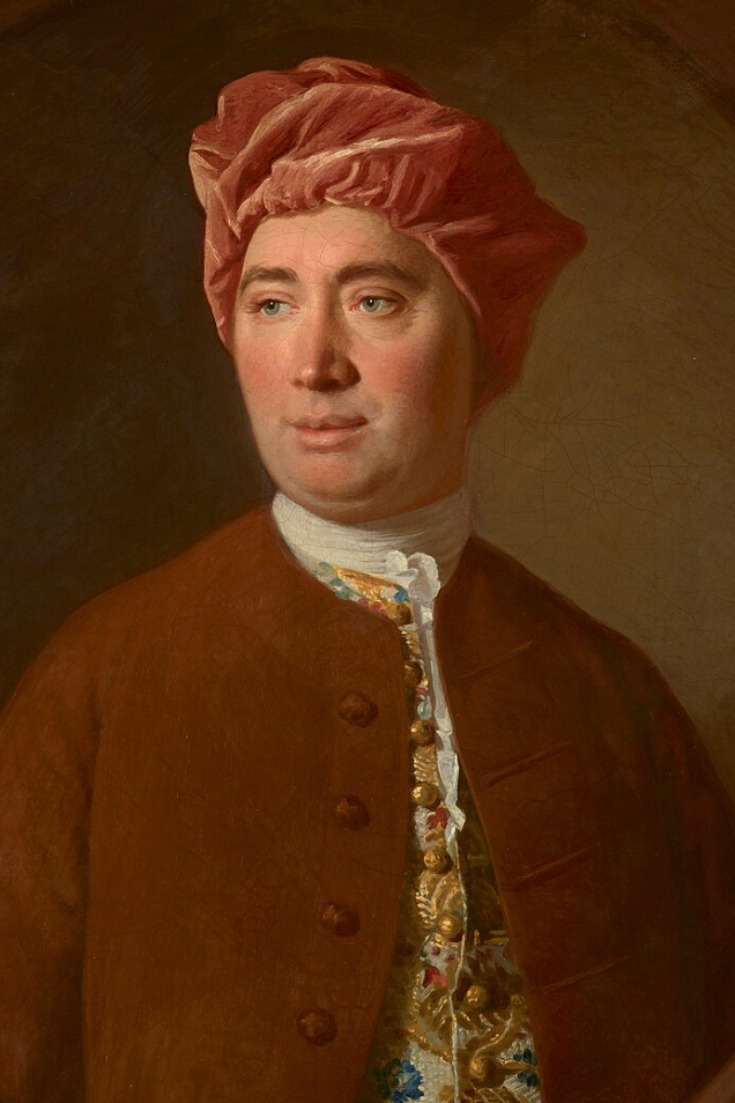
Personal info
Known for
Ultimate Talent
Gender
Male
Birthday
07 May
Location
Scotland, United Kingdom
Edit pageDavid Hume
Biography
David Hume (1711–1776) was a Scottish philosopher, historian, and essayist, widely regarded as one of the most important figures of the Enlightenment. Born in Edinburgh, Scotland, Hume showed an early passion for philosophy and literature. He studied at the University of Edinburgh but left without completing a degree, choosing instead to pursue independent study and writing.
Hume’s philosophical work centered on empiricism—the idea that all human knowledge arises from experience rather than innate ideas or pure reason. His most famous work, A Treatise of Human Nature (1739–1740), explored how humans think, feel, and form beliefs. Although initially overlooked, it later became one of the most influential texts in Western philosophy.
In his later writings, including An Enquiry Concerning Human Understanding (1748) and An Enquiry Concerning the Principles of Morals (1751), Hume refined his ideas about reason, morality, and religion. He argued that human reasoning is guided more by habit and emotion than by logic alone, a view that anticipated modern psychology. He also questioned traditional proofs of God’s existence, laying the groundwork for later skepticism and secular thought.
Beyond philosophy, Hume achieved fame as a historian with his multi-volume History of England, which was widely read for its literary style and insight. Despite facing criticism for his religious skepticism, he was respected for his intellect, wit, and kindness.
David Hume’s legacy endures through his profound influence on thinkers such as Immanuel Kant, Adam Smith, and Charles Darwin. His commitment to reason, observation, and the study of human nature helped shape modern philosophy, science, and the understanding of the human mind.